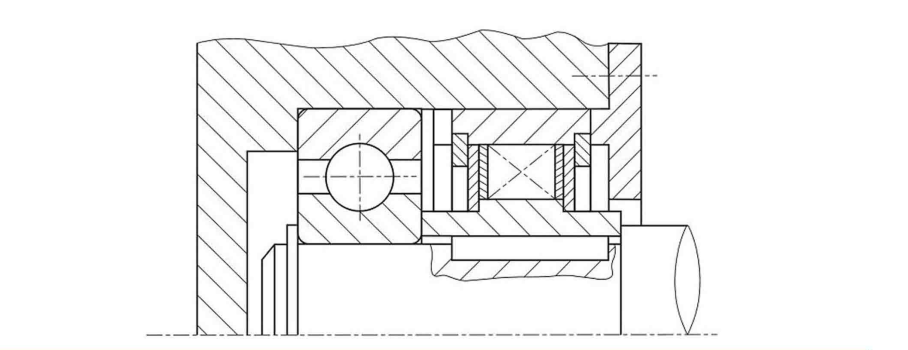Nov . 20, 2024 12:43 Back to list
deep groove ball bearings supplier
Understanding Deep Groove Ball Bearings A Comprehensive Guide for Suppliers
Deep groove ball bearings are one of the most widely used types of rolling bearings due to their versatility and effectiveness. As their name suggests, these bearings have deep grooves in their races, allowing them to accommodate both radial and axial loads in various directions. This feature makes them an ideal choice for a myriad of applications ranging from automotive to industrial machinery. In this article, we will explore the characteristics, advantages, and considerations for choosing deep groove ball bearings from a supplier's perspective.
Characteristics of Deep Groove Ball Bearings
Deep groove ball bearings are characterized by their simple design and ease of use. They consist of an inner and outer ring, a set of balls, and a cage to maintain proper spacing and to prevent the balls from coming into contact with each other. The deep grooves on both the inner and outer races enable these bearings to handle significantly higher loads compared to other types of bearings of the same size. They are available in various materials, with the most common being steel and ceramic, catering to different environmental conditions and load demands.
These bearings can come with seals or shields to protect against external contaminants, thereby prolonging their lifespan and enhancing performance
. Sealed deep groove ball bearings are particularly valuable where washdowns or exposure to debris and moisture is a concern.Advantages of Deep Groove Ball Bearings
One of the primary advantages of deep groove ball bearings is their ability to perform well under both radial and axial loads. This dual-load capability means they can be used in applications where space is limited, as they can effectively replace separate radial and thrust bearings. Additionally, the low frictional force of deep groove ball bearings makes them efficient, contributing to energy savings and better overall performance.
deep groove ball bearings supplier

Moreover, these bearings typically have a long service life thanks to their robust design and the availability of various material options. They require minimal maintenance, and many users appreciate that they can operate at high speeds—making them suitable for a wide range of machinery.
Choosing a Deep Groove Ball Bearing Supplier
When selecting a supplier for deep groove ball bearings, several factors come into play. First, it’s essential to evaluate the supplier's product range and whether they offer different sizes, materials, and configurations to meet your specific needs. A reputable supplier should be able to provide comprehensive technical data and support regarding their products.
Quality certification is another critical factor. Look for suppliers that comply with international standards, such as ISO 9001, which ensures that their manufacturing processes meet high-quality benchmarks. Additionally, consider the supplier's reputation within the industry, as well as their customer service and support options. A responsive and knowledgeable supplier can be an invaluable partner in a fast-paced production environment.
Conclusion
In summary, deep groove ball bearings play a crucial role in the functionality and efficiency of numerous machines and applications. As a supplier, understanding the intricacies of these bearings, from their characteristics to their advantages, is vital for providing excellent service to customers. With the right product knowledge and supplier selection, businesses can ensure they are using the best deep groove ball bearings for their specific needs, thus optimizing performance and reliability in their operations.
Latest news
-
25MM 2 BOLT UCFLX05-14 Flange bearing unit( oval)
NewsMar.07,2025
-
4 bolt UCF 200 series Pillow block bearings
NewsMar.07,2025
-
25MM 2 BOLT UCFLX05-14 Flange bearing unit( oval)
NewsMar.07,2025
-
UCF216-50 4-Bolt Flange Housing Square Bearing
NewsMar.07,2025
-
25MM 2 BOLT UCFLX05-14 Flange bearing unit( oval)
NewsMar.07,2025
-
spherical roller bearing material exporter
NewsMar.07,2025





